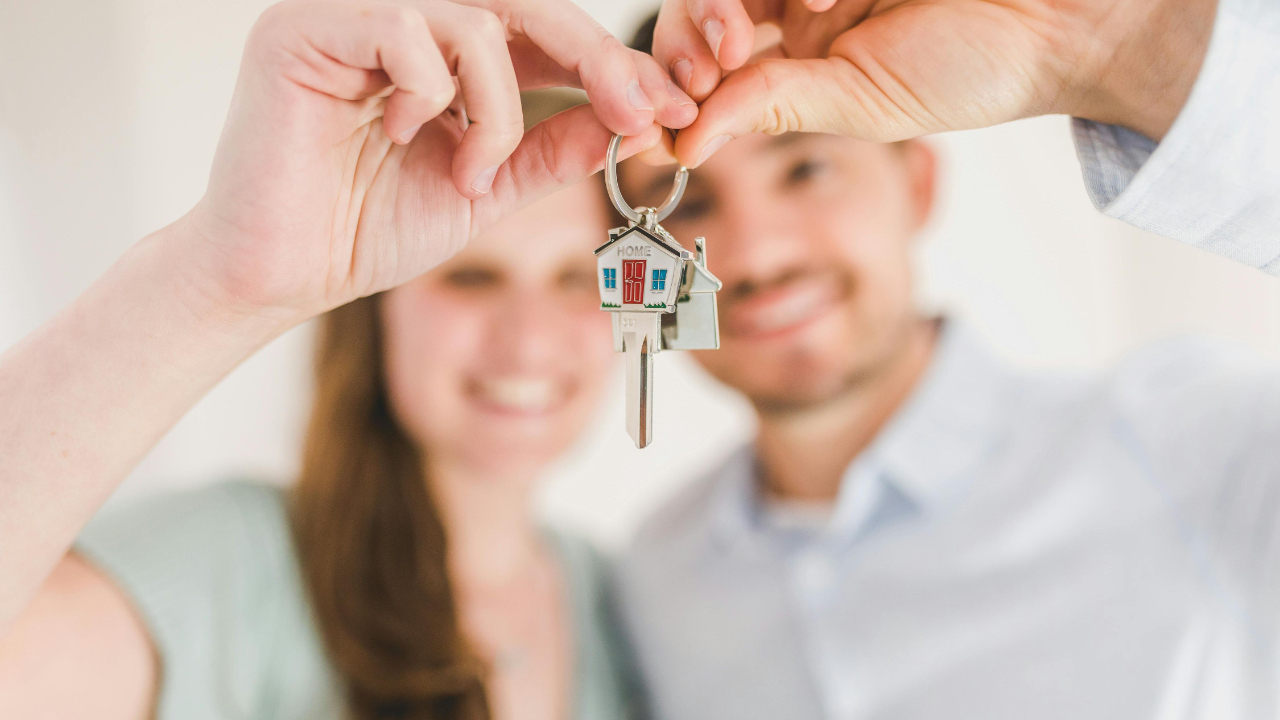Buying property in Switzerland – everything first-time buyers need to know (2025)

Owning your own home is a dream for many, and Switzerland—with its stunning landscapes and high quality of life—is the perfect place to make that dream come true. However, for first-time buyers, navigating the property market can be daunting. From complex financing options to legal hurdles and regional peculiarities, the Swiss property market has its own rules and challenges.
This guide will walk you through everything you need to know, from understanding how much you can afford, the steps involved in buying a property in Switzerland, and preparing for the purchase, to exploring financing options like mortgages and tips for choosing the right property. Let’s make your dream home a reality!
- Buying property in Switzerland: What can you afford?
- The basics: equity requirements
- Affordability: can the bank trust you?
- How to get financing
- Checklist for your documents
- Types of mortgages available
- Conclusion
Buying property in Switzerland: What can you afford?
In Switzerland, most people rely on a mortgage to purchase property since very few have enough equity to pay upfront in cash. There are two key factors to consider:
- The equity you can provide for financing.
- Affordability, i.e., whether you can handle the interest payments, amortization, and property costs.
The basics: equity requirements
Typically, banks will provide a mortgage covering 80% of the property’s value for a primary residence. For example, if the property costs CHF 1'000'000.-, you’ll need at least CHF 200'000.- in equity. For holiday homes, investment properties, or commercial real estate, the mortgage percentage is lower, meaning you’ll need more equity.
Important: Banks assess the property’s value based on comparable data in the area, not the purchase price. If the purchase price exceeds the bank’s valuation, you’ll need to cover the difference with your own funds in addition to the equity requirement.
💡 Tip: In competitive areas like Zurich, bidding wars are common, and having a strong financial backing can give you an edge. If required to submit a financing confirmation during the bidding process, talk to multiple banks or financing platforms like Moneypark to maximize your chances.
What counts as equity?
Equity includes liquid assets, such as savings, and funds from your 3rd pillar account. You can also use your pension funds, but only up to 10% of the financing amount.
- Example: For a CHF 1'000'000.- property, you can use a maximum of CHF 100'000.- from your pension fund. The rest must come from "hard" funds, like savings or your 3rd pillar account.
Note: If you withdraw from your pension fund for financing, your retirement savings will decrease, and you’ll owe taxes on the amount withdrawn. Alternatively, you can pledge your pension fund assets instead of withdrawing them, preserving your retirement savings while increasing the mortgage percentage (e.g., to 90%). Keep in mind, this will result in higher interest payments.
Affordability: Can the bank trust you?
Banks evaluate not just your equity but also your income to ensure you can handle the ongoing costs of owning a property. Ideally, your total costs (interest, amortization, and maintenance) should not exceed 33–35% of your income.
Here’s how banks typically calculate:
- Property value: CHF 1'000'000.-
- Equity: CHF 200'000.-
- Mortgage: CHF 800'000.-
The bank assumes a theoretical interest rate of 5%, regardless of current market rates:
- Interest on the 1st mortgage (65%): CHF 650'000 x 5% = CHF 32'500.-
- Interest on the 2nd mortgage (15%): CHF 150'000 x 5% = CHF 7'500.-
- Amortization: CHF 150'000 / 15 years = CHF 10'000.-
- Maintenance costs: 1% of property value = CHF 10'000.-
- Total annual costs: CHF 59'500.-
To afford this property, you’d need an annual income of at least CHF 178'500.- (total costs x 3).
How to get financing
Here’s a rough outline of the property-buying and financing process:
- Find a property: Use platforms like Homegate or Comparis, as well as newsletters from agents like Remax.
- Visit properties: In competitive areas, sellers may request a financing confirmation before allowing viewings.
- Submit an offer: This may involve a bidding process, and you’ll likely need a financing confirmation.
- Choose your mortgage: Compare offers from banks, insurers, and platforms like Moneypark. Don’t just rely on your regular bank.
- Sign the purchase contract: Finalize the deal with a notary, with costs typically split between buyer and seller.
- Finalize the mortgage: Provide any remaining documents for the bank.
Checklist for your documents
To speed up your financing request, prepare the following in advance:
- Recent salary statements (including bonuses for the past 3 years)
- Tax returns and account statements
- Pension fund statement and 3rd pillar balance
- Credit reports and debt information
- Property details (e.g., building plans, insurance certificates, etc.)
Types of mortgages available
Once your offer is accepted, you’ll need to choose the right mortgage:
-
Fixed-rate mortgage: Offers a stable interest rate for a set period (e.g., 5 or 10 years), ideal for those who value predictability. However, early termination may result in penalties.
-
SARON mortgage: Based on the Swiss Average Rate Overnight (SARON), the interest rate fluctuates with the market. It often offers lower rates but carries the risk of increases.
💡 Tip: Some buyers split their mortgage into fixed and SARON portions to balance stability and flexibility.
Conclusion on buying a property in Switzerland
Buying property in Switzerland is a detailed process, but preparation is key. Here are my top tips:
- Organize your documents early to avoid delays.
- Start financing discussions with banks early, even before you find a property.
- Compare mortgage offers to secure the best deal.
With proper planning and the right partners, your dream of owning property in Switzerland can become a reality!






